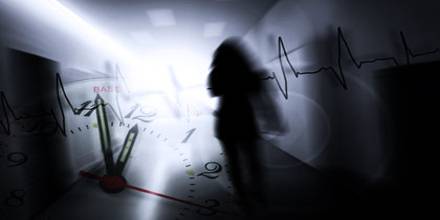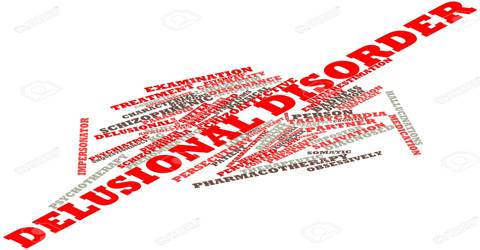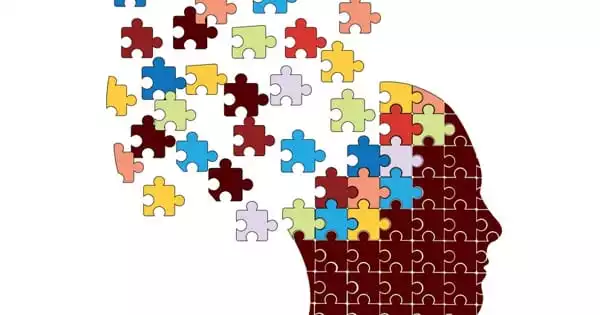Delusional disorder is classified as a psychotic disorder, a disorder where a person has difficulty recognizing realism. A delusion is a fake faith that is based on a wrong understanding of realism. Delusions, like all psychotic symptoms, can occur as part of several diverse psychiatric disorders. When hallucinations do happen, they are part of the delusional belief. For example, someone who has the delusion that internal organs are rotting may hallucinate smells or sensations related to that delusion.
Usually, in delusional disorder, these mistaken beliefs are ordered into a dependable world-view that is logical other than being based on an improbable foundation. There are numerous types of delusions: persecutory, erotic, grandiose, jealous or somatic (that is, delusions about the body). People with delusional disorder generally do not have hallucinations or a foremost problem with mood. Unlike people with schizophrenia, they tend not to have key problems with day-to-day functioning. Other than behaviors related to delusional content, they do not appear odd.

Types of Delusional Disorder
There are diverse types of delusional disorder based on the major theme of the delusions experienced. The types of delusional disorder include:
Erotomanic: Someone with this type of delusional disorder believes that another person, often someone important or famous, is in love with him or her.
Grandiose: A person with this type of delusional disorder has an over-inflated sense of worth, power, knowledge, or identity.
Jealous: A person with this type of delusional disorder believes that his or her spouse or sexual partner is unfaithful.
Persecutory: People with this type of delusional disorder believe that they (or someone close to them) are being mistreated, or that someone is spying on them or planning to harm them.
Somatic: A person with this type of delusional disorder believes that he or she has a physical defect or medical problem.
Mixed: People with this type of delusional disorder have two or more of the types of delusions listed above.
Symptoms
The major symptom is a determined delusion or delusions (a fixed belief) – for example, about a situation, condition or action – that is not happening but may be plausible in real life. Types include:
- Erotomanic – Delusion of a special, loving relationship with another person, usually someone famous or of higher standing. (This kind of delusion is sometimes at the root of stalking behavior.)
- Grandiose – Delusion that the person has a special power or ability, or a special relationship with a powerful person or figure, such as the president, a celebrity or the Pope.
- Jealous – Delusion that a sexual partner is being unfaithful.
- Persecutory – Delusion that the person is being threatened or maltreated.
- Somatic – Delusion of having a physical illness or defect.

Causes Delusional Disorder?
As with many other psychotic disorders, the accurate reason of delusional disorder is not yet known. Researchers are, however, looking at the role of different genetic, biological, environmental or psychological factors.
Genetic: The truth that delusional disorder is more familiar in people who have family members with delusional disorder or schizophrenia suggests there might be a genetic factor involved.
Biological: Researchers are studying how abnormalities of certain areas of the brain might be involved in the development of delusional disorders.
Environmental/psychological: Evidence suggests that delusional disorder can be triggered by stress. Alcohol and drug abuse also might contribute to the condition.
Diagnosis
Since delusional disorder is unusual, a doctor ought to estimate the possibility that a different key illness, such as schizophrenia, a mood disorder or a medical trouble, is causing the symptoms. Medical causes should be measured, particularly later in life. People who grow dementia (for example, Alzheimer’s disease) can become delusional.
Treatment
Treatment for this disorder is difficult, mainly if the delusion is long lasting. Antipsychotic medications can be helpful, but delusions sometimes do not get better with pharmacological treatment. Since patients may not believe they have a mental disorder, they may refuse all treatment, including psychotherapy. However, sustain, comfort, and pointing out the dissimilarity between the symptoms and reality can all be helpful if the person is willing to meet with a therapist. Educating the family about how to respond to the person’s needs can be useful.
Conclusion
The reason of delusion is not obvious but genetic, neurological and biochemical factors have been suggested to play a role in the growth of the situation.
Some research suggests that delusions may be caused by an inequity in neurotransmitters, the brain’s chemical messengers. Some examples of other factors that may be involved include social isolation, widowhood, drug abuse, low socioeconomic status and stress.
Delusional disorder is a situation that is considered to lie within the same spectrum as schizophrenia, although individuals who suffer from delusion usually present with less severe symptoms and dysfunction.
















